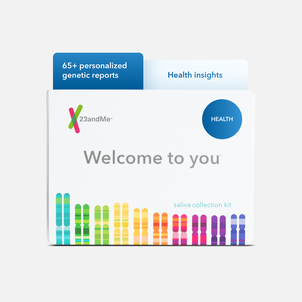The health benefits of blood donation
January brings us National Blood Donor Month, which recognizes the life-saving contributions that blood and platelet donors provide to the modern healthcare system. Blood donations can be used in future transfusions to save people with severe trauma following accidents, women with complications of pregnancy, surgical and cancer patients and innumerable other uses in contemporary medicine.
If you're a blood donor, you're already providing an invaluable service that may have the potential to save a life one day. But the benefits of blood donation don't end there, as it could have a positive impact on your health.
Here are a helpful bits of info from FSAstore.com to help convince loved ones to join you the next time you give blood!
Free Mini-Physical
Before donating blood, the technician will check your pulse and blood pressure, as well as your body temperature and hemoglobin levels. These are all important indicators of your underlying state of health and potential risk factors for heart disease, and if anything seems to be abnormal, this could be an early warning sign that may convince you to see a doctor. If you haven't received a physical in quite some time, this mini checkup may provide invaluable information.
Browse other FSA-eligible expenses on the FSA Eligibility List
Lower heart attack risk
While scientists can't pinpoint the exact cause, a series of studies published in the American Journal of Epidemiology found that blood donors are 88 percent less likely to suffer a heart attack. Researchers hypothesize that repeated blood donations may help blood flow in a way that's less damaging to the lining of the blood vessels and could result in fewer arterial blockages.
If blood has a higher resistance to flow (also known as viscosity), it can flow much slower and could cause damage to these blood vessels. Frequent donations may positively affect blood flow and limit viscosity.
Regulate iron levels
Iron performs a wealth of positive physiological functions in the body, but having too much iron in your blood can cause potential damage to blood vessels over time. Healthy adults usually have about 5 grams of iron in their bodies, but when you donate blood, you will lose about a quarter of a gram of iron, which is then replenished through your diet in the weeks following a blood donation. This natural regulation of iron levels can have positive long-term health effects.
Want to monitor your vitals at home? Shop for Blood Pressure Monitors with your FSA at FSAstore.com!


















